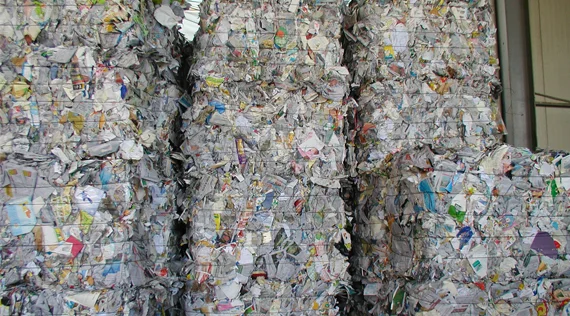
SEATTLE (Scrap Monster): In a significant stride towards addressing plastic pollution, the UN Environment Assembly has approved a resolution to formulate a global plastics treaty. The need for this treaty and its potential impact on the environment is a question that warrants exploration. Philip Landrigan and his team have delved into this issue, offering valuable insights into the implications of such a resolution.
Global Framework on Chemicals: A Stepping Stone
The Global Framework on Chemicals (GFC) was endorsed at the Fifth International Conference on Chemicals Management in Bonn, Germany, in September 2023. It outlines five objectives and 28 targets aimed at pollution prevention, capacity development, and fostering strong linkages across various sectors. The GFC serves as a platform for governments, intergovernmental and civil society organizations, the private sector, and other stakeholders to collaborate on chemical action. By providing goals and finance arrangements, the GFC aspires to create a world free from harm caused by chemicals and waste.
The Role of Technology in Treaty Negotiations
UC Santa Barbara’s Benioff Ocean Science Laboratory recently participated in the UN’s historic move towards a plastic-free world. Over 175 countries gathered in Nairobi, Kenya to discuss the terms of a global legally binding Plastics Treaty. Nivedita Biyani, a postdoctoral researcher in UC Santa Barbara’s Benioff Ocean Science Laboratory, presented an innovative AI model that combines predictive analytics and creative graphic design to visualize the impacts of the treaty’s policy outcomes. Despite the opposition, Biyani insists that the goal of reducing plastics is universal and could provide a common ground for countries to work together.
Negotiations Towards an Internationally Binding Instrument
The second session of the Intergovernmental Negotiating Committee to Develop an International Legally Binding Instrument on Plastic Pollution, Including in the Marine Environment (INC-2) took place in Paris, France in 2023. The delegates discussed an options paper and outlined a course for the intersessional period leading to the next negotiating session, mandating the preparation of a “zero draft” of the new treaty to tackle plastics pollution. Plastic pollution has been found in every ecosystem and poses threats to human health. In March 2022, the UN Environment Assembly adopted a resolution to “End plastic pollution: Towards an international legally binding instrument.”
Aligning Scientific Research with the Treaty’s Objectives
Professor Steve Fletcher has been appointed by NERC in collaboration with Innovate UK to develop a transformative plastic pollution research framework. The fellowship aims to develop a research and innovation agenda that complements and supports the objectives of the United Nation’s UN treaty to end plastic pollution. The roadmap will strengthen the science to policy interface to support informed decision making and identify other funding organizations for potential future collaborations with UKRI in the field of plastic pollution research.
The global plastics treaty marks a momentous step towards addressing the plastic pollution crisis. It not only aims to reduce plastic waste but also encourages capacity-building, cross-sectoral collaboration, and technological innovation. As the world moves towards a more sustainable future, this treaty serves as a beacon of hope for environmental conservation.
Courtesy: www.medriva.com



| Copper Scrap View All | |
| Alternator | 0.42 (0.01) |
| #1 Copper Bare Bright | 4.45 (0.17) |
| Aluminum Scrap View All | |
| 356 Aluminum Wheels (Clean) | 0.81 (0.01) |
| 6061 Extrusions | 0.71 (0.01) |
| Steel Scrap View All | |
| #1 Bundle | 360.00 (0) |
| #1 Busheling | 380.00 (0) |
| Electronics Scrap View All | |